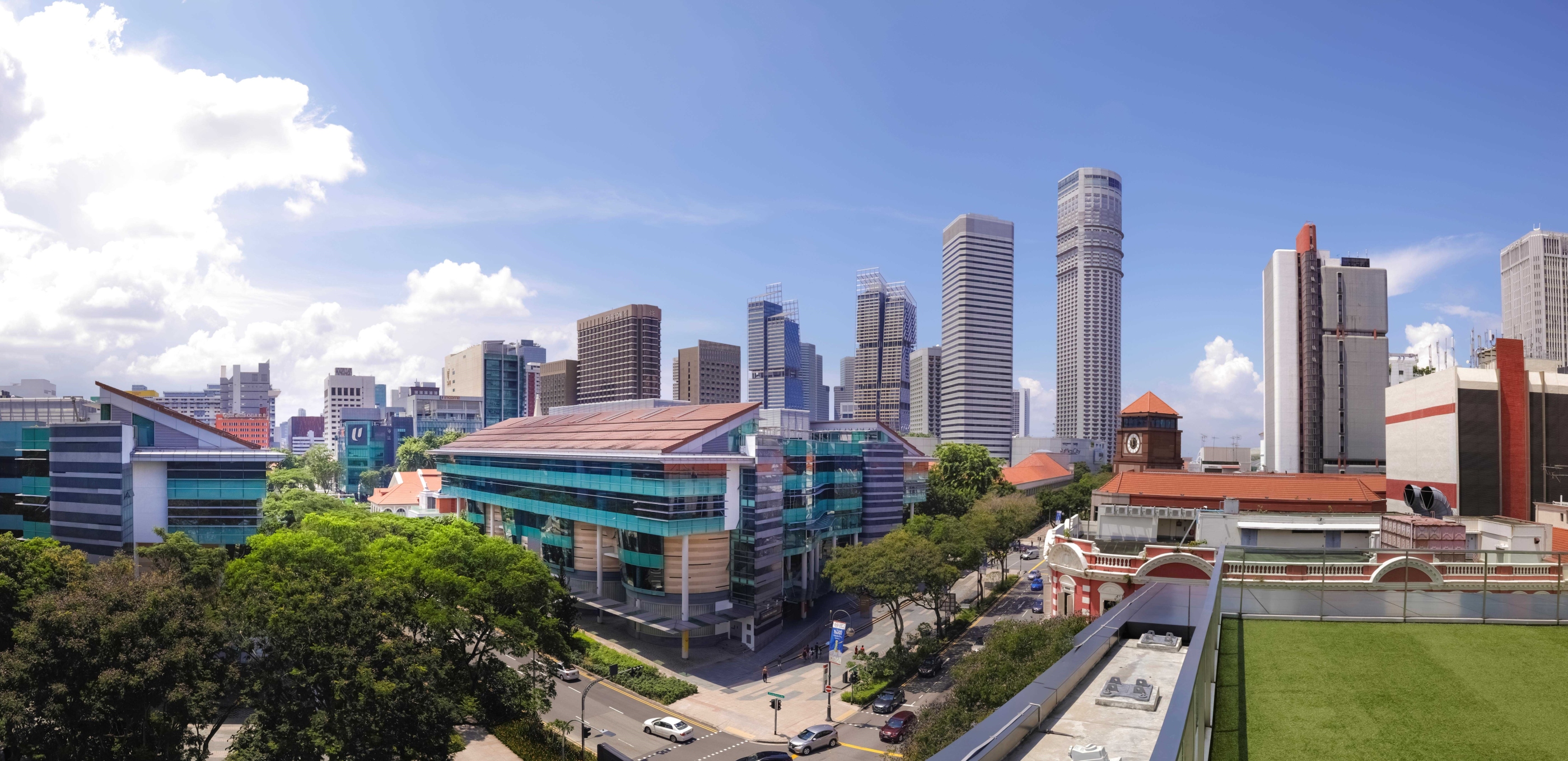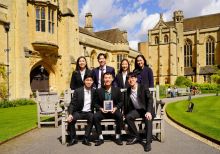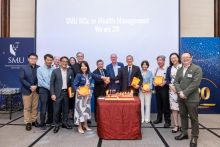
SMU’s Lee Kong Chian School of Business (LKCSB) has solidified its reputation for impactful, world-class research by ranking 1st in Singapore and 2nd in Asia in the Financial Times Aggregated Research Ranking. This recognition highlights the school’s commitment to addressing real-world challenges, advancing sustainable development, and bridging academic insights with practical applications that resonate across industries and policymakers.
LKCSB was ranked highly for producing impactful, practical research in the Financial Times (FT) study that examined rigour; resonance beyond academia; and influence for the academic research on learning through eight metrics.
The research insights report is an attempt to explore new ways to measure, highlight and stimulate greater focus on research which, while rigorous, is also relevant to pressing problems that the planet is facing, and which resonates with the world of practice.
"At SMU, we believe that impact is as much about delivering a holistic and transformative education as it is about driving positive change through research excellence,” said SMU President Professor Lily Kong.
“Research excellence lies not just in producing new knowledge, but also in how that knowledge creates real-world impact – on economy, society and policy,” she added.
“Through disciplinary and cross-disciplinary research, we strive to ensure that our work delivers lasting value within and beyond academia, and that we are contributing to improving lives, shaping communities, and helping to build a more sustainable and equitable future."
In measuring the extent to which research topics are aligned with societal objectives, one of the frameworks that is gathering increasing popularity looks at how many of these align with the UN’s Sustainable Development Goals (SDGs) – 17 areas within which there are 169 specific targets. One of the “Top SDG Articles” highlighted by FT include “Globalisation and affordability of microfinance” co-authored by Professor of Finance Liang Hao of SMU LKCSB.
The research also noted another example of the academic/industry link, an academic paper on last mile delivery co-authored by SMU LKCSB’s Professor of Operations Management Yun Fong Lim and Associate Professor of Operations Management Xin Fang that had been cited in a patent application by ecommerce company eBay.
FT's metrics used for assessment
The 2024 FT Aggregated Research Ranking is a one-off analysis that is separate from the research calculations that the publication has for its annual business school rankings.
In order to track academic rigour, the ranking considers articles published in the Financial Times Top 50 Journals (FT50) and analyses their wider impact. Using the global gateway to research, OpenAlex, FT identified how far these articles have been cited in other academic journals over the last three years, weighting this according to the discipline of the article. It also uses Scite.ai’s analysis to assess if these citations are positive.
To explore the research’s resonance beyond academia, FT used the pre-print network SSRN’s tracking of the number of downloads made by non-academics in government and companies; of articles available for free in the past three years. An analysis was also made using Overton, a research and policy think tank, to track citations of articles in government consultation documents and other reports for policymakers.
To assess the influence of academic research on learning, it used the impact index produced by the UK-based Case Centre to identify the most popular, recent teaching cases for business. It also uses the presence of business school authors’ textbooks and articles on reading lists in universities around the world, tracked by Open Syllabus.
These six measures were each weighted at 14 per cent, with a further 10 per cent allocated to OpenAlex’s classification of the extent to which the content of these articles aligned with the UN’s Sustainable Development Goals as a proxy for the societal importance of these research topics.
A final metric was based on the ranks of schools based on the number of FT50 articles published per academic faculty member. Citations of academic papers in patent applications and the number of external grants that authors received was also tracked, but these metrics were not included due to limited numbers and a lack of data.


